Mastering the Art of Hypoallergenic Makeup: Your Top 5 Essential Guide
Understanding what hypoallergenic makeup is and its importance is the first step in mastering the art of utilizing it. Hypoallergenic makeup is designed to minimize the risk of allergic reactions for those with sensitive skin. These products are often free from common irritants, such as fragrances, parabens, and sulfates. They may also use non-comedogenic ingredients, which won’t clog pores and can help avoid breakouts. To emphasize its importance, a study by the National Center for Biotechnology Information found that up to 10% of the population has a confirmed allergy to cosmetics. Remember, knowledge is half the battle, and understanding what you are working with is the first step.
Identifying Potential Allergens in Makeup
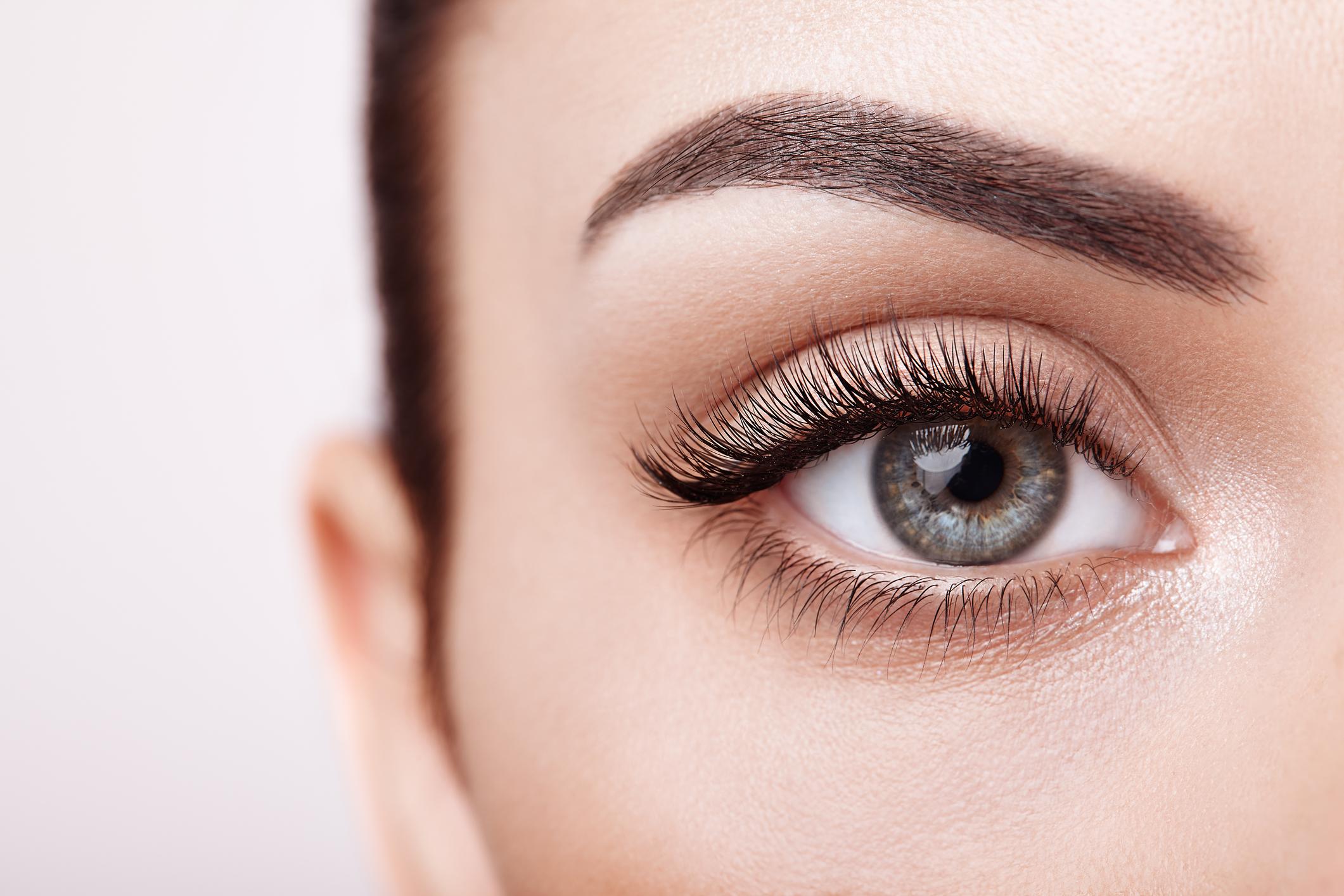
Not all cosmetics are created equal. Some may contain allergens, or substances that can trigger an allergic reaction. Examples of potential allergens in cosmetics include artificial fragrances and dyes, parabens, and preservatives such as methylisothiazolinone (MIT). According to the American Academy of Dermatology Association, these kind of ingredients can cause reactions like rashes, redness, and irritation. Therefore, learning to read the labels and recognizing potential irritants can help you avoid any unpleasant reactions.
Choosing Quality Hypoallergenic Products
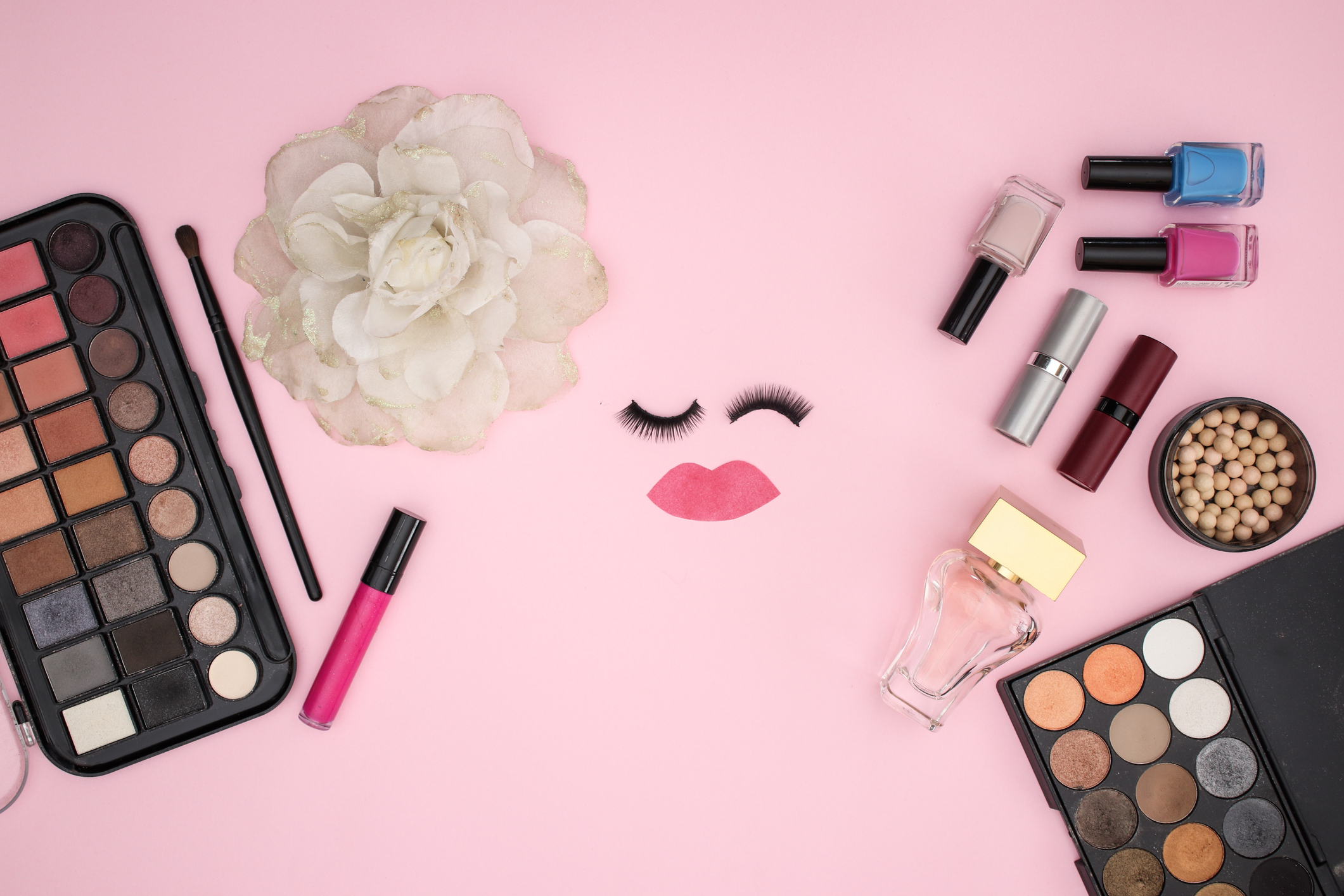
When it comes to choosing hypoallergenic makeup, quality is key. According to a study from Dermatology and Therapy, some cosmetic companies may market their products as hypoallergenic without stringent testing. Look for reputable brands that undergo rigid hypoallergenic testing for safety. Additionally, opt for mineral makeup, which lacks the preservatives and fragrances that can cause flare-ups. Various beauty brands have entire lines dedicated to sensitive skin, ensuring its consumers a safer makeup experience.
Application Tips and Tricks for Hypoallergenic Makeup
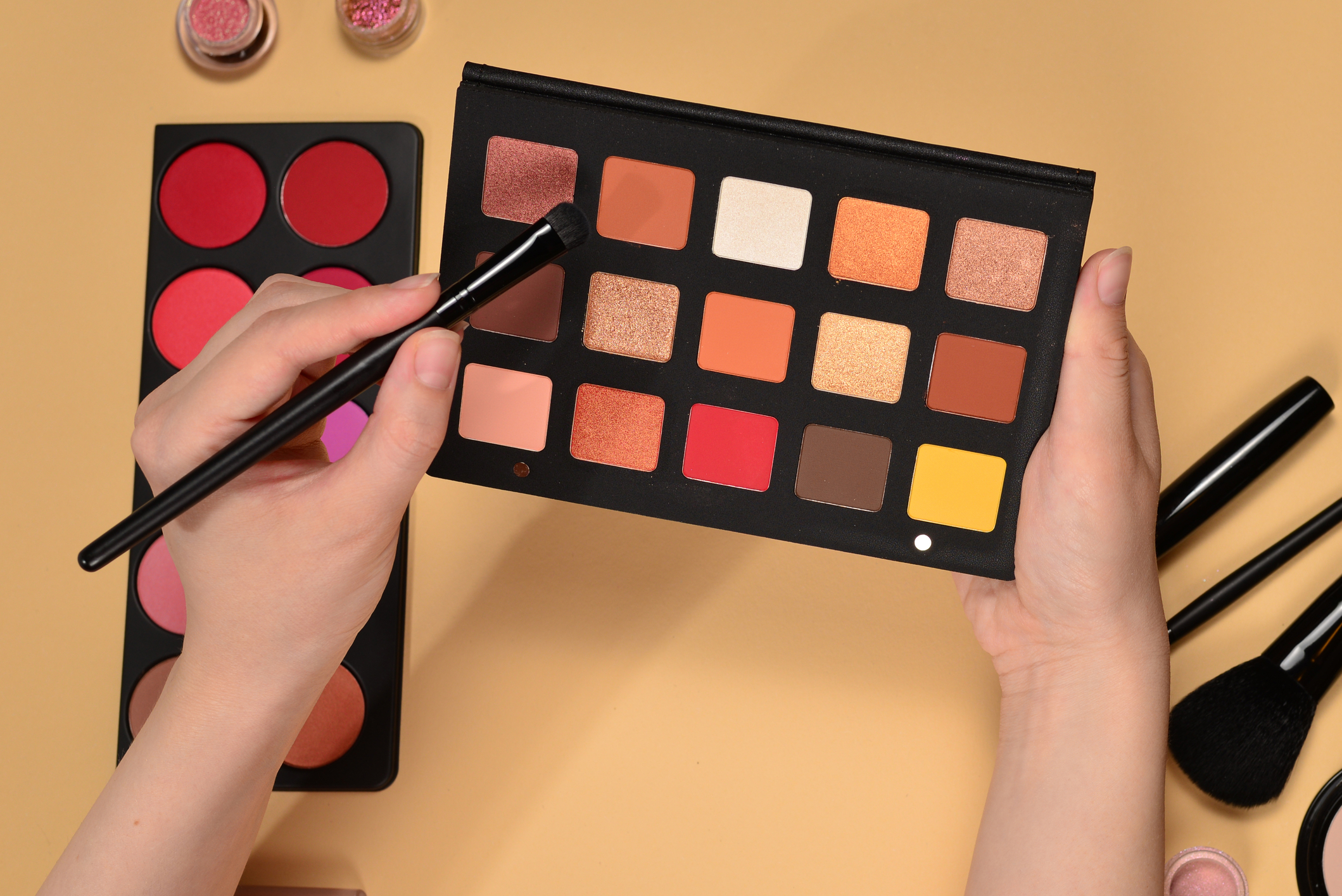
Even if you purchase the most expensive hypoallergenic makeup on the market, improper application can lead to skin issues. Applying makeup gently, in thin layers, prevents skin irritation. Also, clean your brushes regularly, as they can harbor bacteria that can trigger skin problems. A study published by the Journal of Applied Microbiology found that makeup brushes can be a hotbed for harmful microbes if not cleaned regularly.
Managing Allergic Reactions and Skin Health
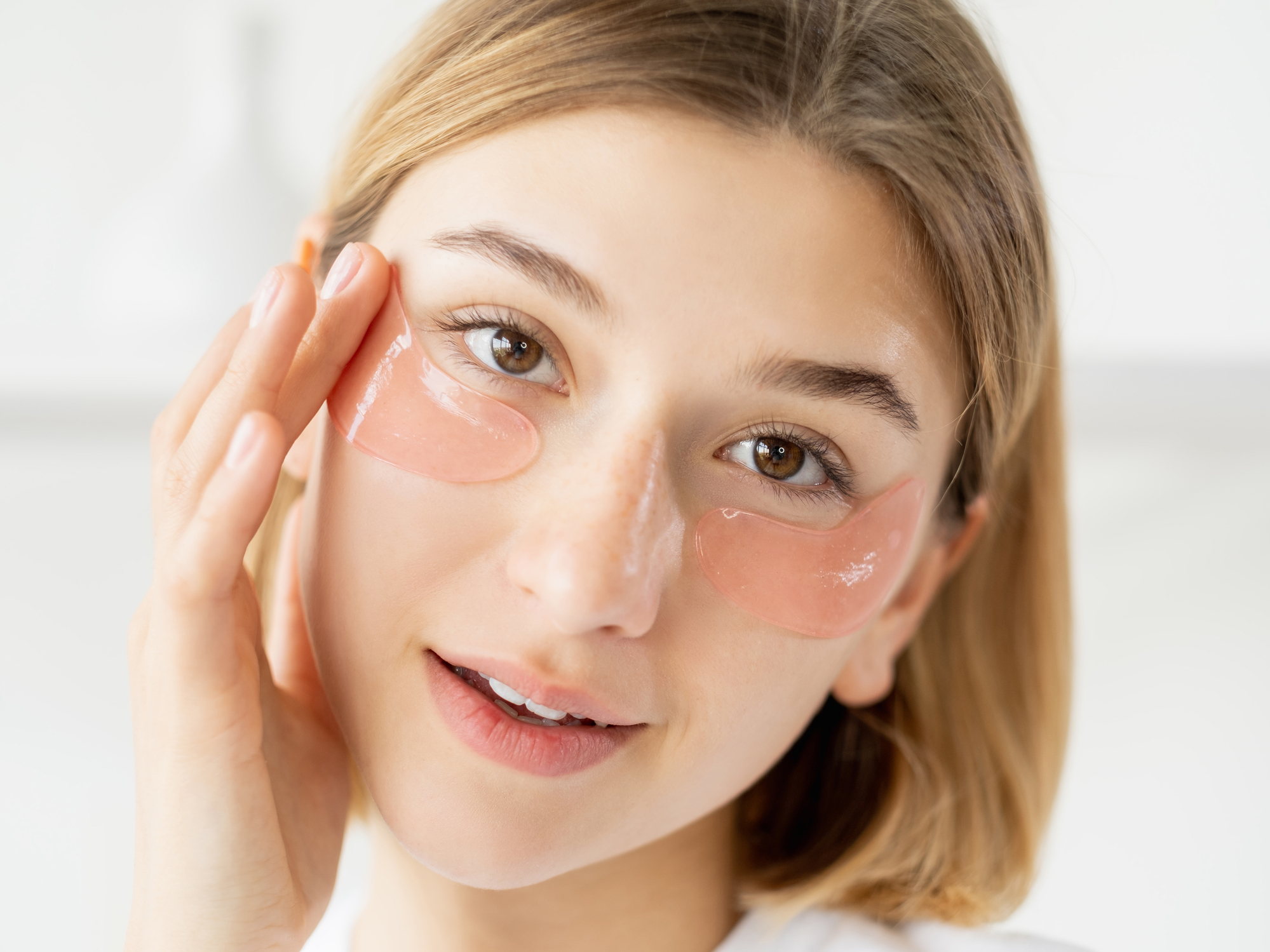
Even with all these precautions, it's possible to have an allergic reaction to hypoallergenic makeup. If you develop a rash or skin irritation, stop using the product. It's also wise to patch test a new product on a small area of skin (like your wrist) before applying it to your face. Consult with a dermatologist if you consistently experience reactions to makeup products. Remember, consistent sensitivity may be an indication of underlying skin conditions like dermatitis or rosacea.
The Role of a Balanced Diet and Hydration in Skin Health
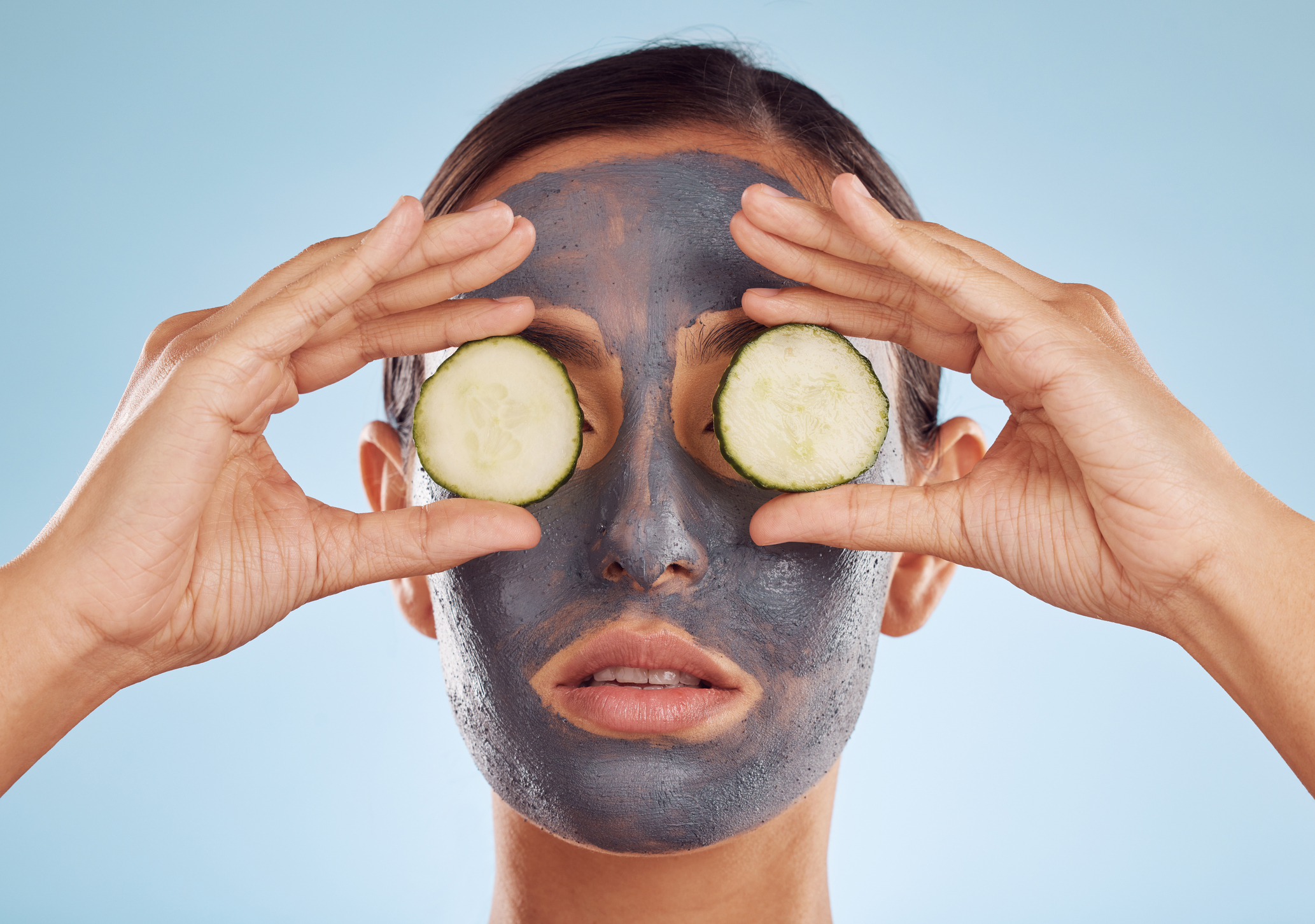
Consistent hydration and a balanced diet play an instrumental role in maintaining skin health, reducing the likelihood of reactions to makeup. According to a review in Clinical, Cosmetic and Investigational Dermatology, a diet rich in antioxidants, vitamins, and hydration may help to reduce skin inflammation, promote healthy skin growth and increase its resilience to potential irritants commonly found in makeup.